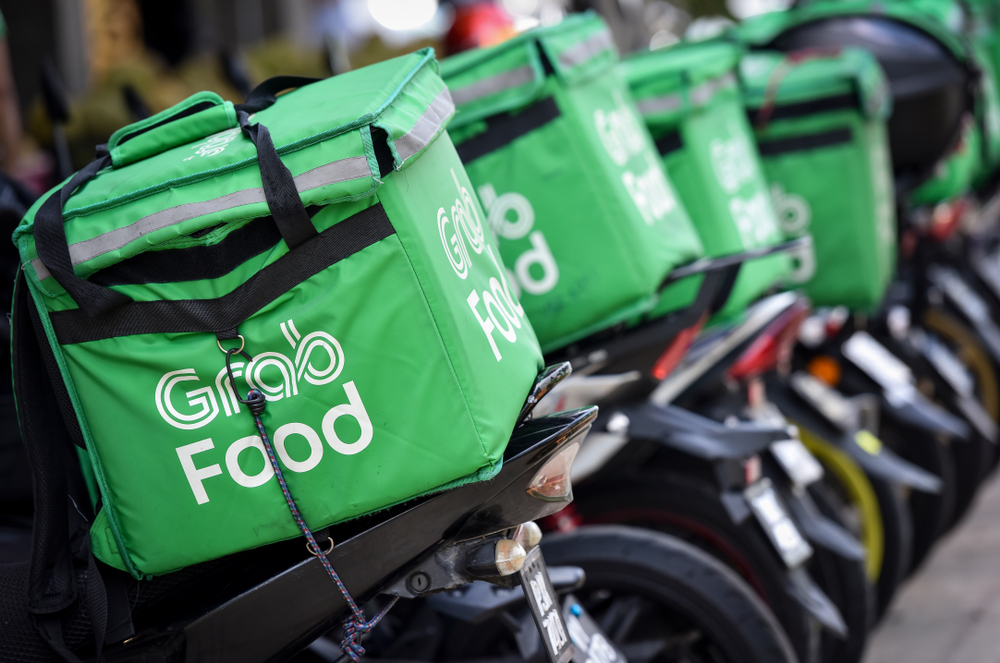As the venture-building and venture investments arm of Grab, Grab Ventures plays an important role in steering the company’s moves into other sectors to complement its pursuit of developing a super app for Southeast Asia. This is accomplished through wholesale acquisitions or by nurturing regional star startups. The latter option may have sweeter payoffs, but requires more time.
Following Grab Ventures’ announcement to launch an early-stage accelerator program for Vietnamese startups, KrASIA chatted with Grab Ventures’ Chris Yeo to find out what startups should expect from working with one of the region’s mega-players.
KrASIA (Kr): What differentiates Grab Ventures from other accelerator or investment programs?
Chris Yeo (CY): As Grab, we have “been there and done that.” We have gone through the same journey that all of these startups have gone through—from starting the company to trying to raise seed, Series A, and so forth. When we thought about what sort of program would benefit these startups, we really tailor and customize the program to exactly what these startups need.
In the case of Grab Ventures Ignite, it really caters to very early-stage startups. We give startups in our portfolio tremendous access to Grab’s assets across the region—eight countries, 339 cities—but more importantly the experiences of a lot of Grab’s senior leaders.
Kr: What are Grab Ventures’ priorities when it comes to either looking for startups to participate in the accelerator programs, or for investments and acquisitions? Are you only looking for startups to complement Grab’s existing core businesses?
CY: As a strategic investor, we look for a couple things. First of all, it’s about the business model, the financial projection, and the path to profitability. Second of all, it’s about the team. Of course, we look for startups to ideally complement Grab’s wide ecosystem—relevant and beneficial to our customer base, passengers, drivers, and the many small and micro entrepreneurs from our GrabFood and GrabPay ecosystem.
At the end of the investment, it’s a long-term commitment on both sides so that both parties can benefit from the investment and relationship. Naturally, these startups that are looking to work with investors such as Grab would have thought through some of these issues already, so when they decide to apply or go through the due diligence process, it’s very clear why we’re talking—so that both sides will benefit.
Kr: Which sectors is Grab Ventures interested in at the moment?
CY: The first sector is always transportation and mobility, specifically new mobility solutions such as those provided by electric vehicles. We are also continually looking for partnerships and investment in the broad financial services area. The third is anything related to food delivery, especially for startups that can help our food merchants and provide solutions for small and micro food merchants. The fourth area is logistics, because we have the GrabExpress business. And lastly, we are also interested in horizontal and enabling technology, meaning AI or machine-learning startups.
Kr: Grab has made three acquisitions, all of which are somewhat related to financial services. Why is this such an important area for Grab to unlock profitability?
CY: I cannot comment on the number of acquisitions that Grab has made as a whole, but I can say that Grab has made more than three investments. For Grab Ventures, financial services is a very important sector for us, and we see tremendous opportunity in terms of bringing financial inclusion to the underserved people of Southeast Asia.
We see that as a very, very strong opportunity that has a lot of runway. In the past, in Grab Ventures Velocity Batch 2, we had a couple startups that offer financial services. One of them is Qoala from Indonesia, which offers micro-insurance. The other is Tamasia, also from Indonesia, that provides a digital platform for people to buy, sell, and transfer gold. We will continue to look out for such startups because they offer very localized financial products and solve the needs of local people.
Kr: GrabWheels, as part of the venture building component under Grab Ventures, recently announced that it has raised USD 30 million independently. Does this signal a trend for different units of Grab to raise funds separately?
CY: GrabVentures was set out to incubate and launch new businesses for Grab. GrabWheels is one example of a portfolio startup under Grab Ventures, and we have been fortunate enough to announce the USD 30 million Series A investment from Taiwan’s motorcycle maker KYMPCO.
The fundraising will continue for GrabWheels. In terms of the paths for startups within Grab’s portfolio, it really depends. We always optimize for the business, so there’s no fixed path. The internal startup within Grab must also have a very sound business model, good traction, a good financial model, and a path to profitability—strong enough for external investors—and it needs to make sense for the Grab ecosystem as a whole.
